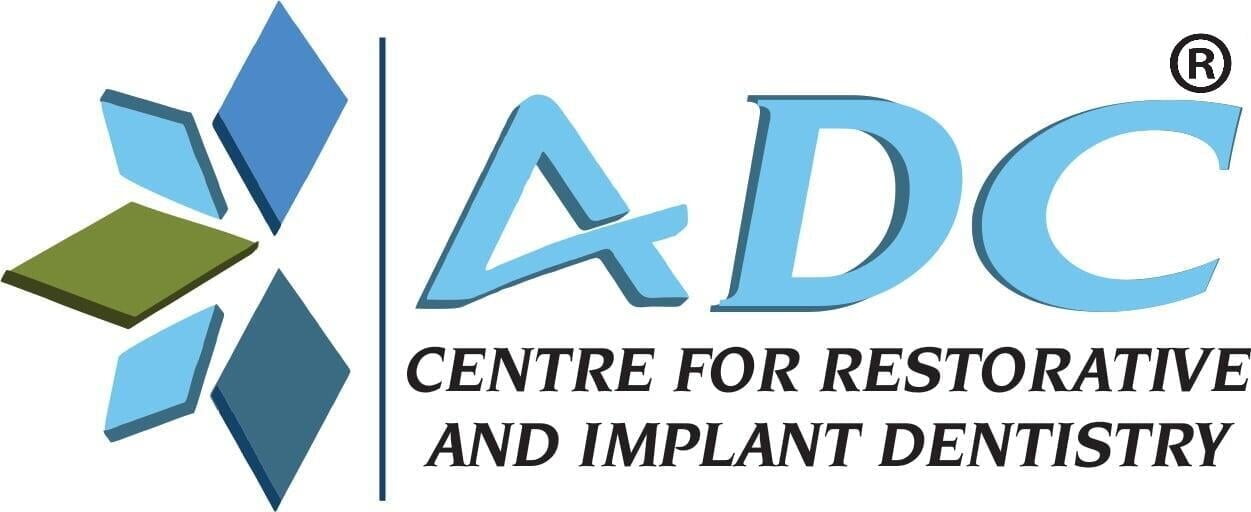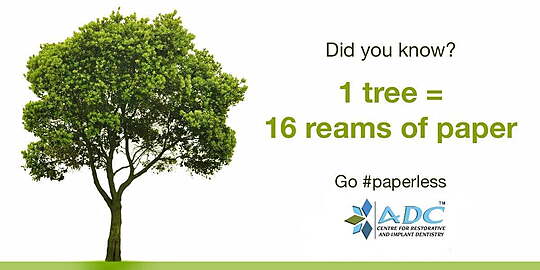
Rinse with Salt Water
To make a salt water rinse, add half a teaspoon of common salt to a cup of warm water. Once the salt dissolves you can gently swish the mixture in your mouth from one side to the other for about 30 seconds and then spit it out once you are done. Salt water rinses can be performed about 3-6 times a day depending upon instructions given by the doctor. This helps to decrease the amount of bacterial accumulation inside the mouth as well as around the Surgery Site and Sutures without causing any irritation to the Incision and tissues around the Sutures.
Practise Good Oral Hygiene
Avoid brushing the surgical site for the first few days after surgery, but then begin to carefully clean this area with a toothbrush as well, once it starts healing. Rinse your toothbrush under hot water to soften the bristles and avoid vigorous extensive rinsing. Rinse the mouth keep the area clean following every meal so that food particles do not get stuck in the treated area. This will reduce the chances of developing an infection around the surgical site. Using the antibiotic mouthwash as prescribed by your doctor also helps in reducing the chance of infection. These are a list of cleaning products that can be used to clean the treated area:
- Water Flosser : A dental flosser/ water flosser is an oral health appliance that provides a stream of pulsating water to floss between your teeth and below the gumline. They are design and attached with rubber-tip stimulators and other attachments to effectively clean difficult to access areas as deep as 6 mm . Most dentists recommend water flossers over dental floss due to their ease of use and effective cleaning.
- Sulcus Brush : It is a specialised brush for cleaning and removing food debris and plaque from the gums and below the gumline into the sulcus. It is one third in size of a regular tooth brush and can be used in a gentle & forth sweeping motion at the level where your tooth and gums meet. It makes dental implant site and denture care more easier and effective.
- Toothbrush: Use a soft bristles toothbrush to remove food debris and plaque accumulation as they will prevent gum damage as well as disruption of the blood clot . Electric toothbrush with soft bristles can also be used as it works more effectively than manual toothbrushes due to greater number of strokes generated than the human hand.
Avoid Touching the Area with Fingers or Tongue
The stitches are mostly non dissolvable but often remain for around 7 to 10 Days. Avoid touching the treated area and sutures with your tongue or fingers to minimise the irritation and chance of infection. Disturbing the area will cause early wound breakdown and exposure of the dental implant or bone graft, resulting in higher chances of failure.
Keep the Temporary Teeth/Removable Dentures Clean, if any
Temporary removable dentures, or partially fixed teeth are often used after dental implant insertion. The proper fit of these temporary dentures after implant insertion is important. It is necessary to make sure that there is no food lodgement due to the dentures to reduce the risk of infection.
Avoid Smoking
Smoking after having dental implants placed can adversely affect your chances of a successful healing. Nicotine reduces oxygen flow to your bones and tissue which results in longer healing time and increased chance of infection. Smoking also affect osseointegration negatively, cause gums and periodontal diseases. This results in smokers having a higher chance of implant failure than non-smokers. Hence, it is recommended to quit or avoid smoking during your recovery period.
Take Soft Diet
In the first 48 hrs post surgery, it is strictly recommended to have soft diet a it minimise the irritation and food lodgement in the surgical site. Choose a diet that requires minimum chewing for the next few days so that the surgical site is not irritated. Try to keep food away from the surgical area for as long as possible. Rinse after eating to keep the area clean.
Take Rest
Avoid strenuous activities for the first 48 hours following the dental implant surgery. This is to prevent possible reopening of surgical wounds .Avoid any strenuous physical exercise which can lead to an increase in blood pressure and heart rate.
Join the movement #paperless
Going Paperless can help save the Earth from climate change and biodiversity loss. It is a big task, but we know we can do it together. Get Help in going Paperless.
Medical Disclaimer:
The content of ADC-Centre for Restorative and Implant Dentistry's Blog/website is for information only, not advice or guarantee of any outcome. Information is gathered and shared from reputable sources; however, ADC-Centre for Restorative and Implant Dentistry is not responsible for errors or omissions in reporting or explanation. No individuals, including those under our active care, should use the information, resources or tools contained within to self-diagnosis or self-treat any health-related condition. ADC-Centre for Restorative and Implant Dentistry gives no assurance or warranty regarding the accuracy, timeliness or applicability or the content.
ADC-Centre for Restorative and Implant Dentistry accepts no liability for errors, inaccuracies, omission, or misleading statements. ADC-Centre for Restorative and Implant Dentistry excludes liability for any losses, demands, claims or damages of any kind regarding information, content, or services at this blog/website. The information may be updated at any time, especially as medical/dental discoveries and research evolves regarding the dentistry and its conditions. At no time does ADC-Centre for Restorative and Implant Dentistry take any responsibility for any action taken or care chosen in reliance on information contained in this blog or this website.















